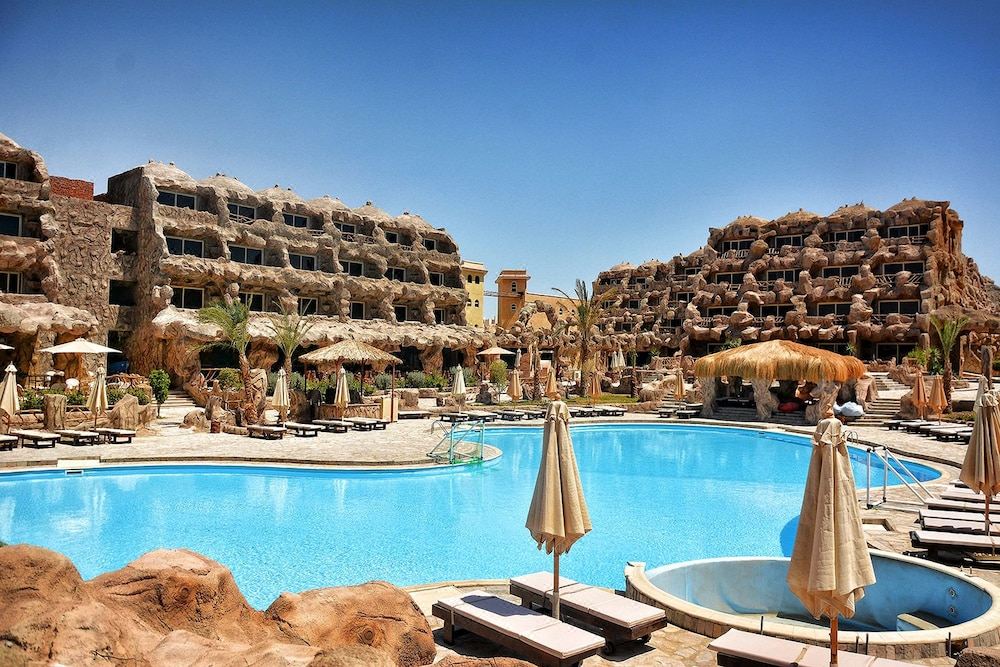In 2010, I visited Saint Lucia for my first Caribbean adventure, staying in an all-inclusive resort like many first-timers. I was captivated by the vivid Caribbean Sea, the stunning beaches, and the natural beauty of the area. Yet, what truly resonated with me were the cultural echoes of my childhood in West Africa—the plantain dishes, the chicken stews, tropical gardens filled with hibiscus and palms, the rhythm of drums and soca music, and the locals’ warmth. Inspired, I left my corporate legal career three years later to pursue travel writing and photography in the Caribbean.
The Caribbean, a quick flight from North America, is known for its over 20 islands and hundreds of beautiful beaches. Even during the global pandemic, it remained one of the safest destinations for Americans and Canadians, thanks to its lower COVID-19 rates—a benefit of the natural isolation provided by the sea.
However, many don’t realize that the Caribbean is one of the world’s most tourism-dependent regions, vulnerable to the negative impacts of mass tourism. The constant development of large, foreign-owned resorts and cruise tourism expansions has led to significant environmental and socio-economic issues, including coastal erosion, local commodity shortages, plastic pollution, illegal dumping, and greenhouse gas emissions.
Climate change poses another significant risk, with predictions that the Caribbean will be the most at-risk tourism destination between 2025 and 2050. Rising sea levels threaten to impact 60% of resorts by 2050, and increased temperatures and carbon dioxide levels are causing coral bleaching and ocean acidification.
One of the biggest issues is the minimal economic benefit that trickles down to local communities, as 80% of vacation spending goes directly to foreign corporations, bypassing the local economy. This makes it crucial for travelers to make conscious decisions that support sustainable practices, from choosing accommodations and tour operators that benefit local communities to using reef-safe sunscreen.
Now, in the aftermath of the economic crisis brought on by the pandemic, it’s vital to rethink our approach to Caribbean travel. We should view it not as a commodity to exploit but as a place with unique communities that deserve preservation and protection from overtourism and environmental damage.
As travelers, we have the power to impact the Caribbean positively. Here are nine easy ways to explore sustainably:
- Choose Local Accommodations: Opt for locally owned hotels, guest lodges, or hostels. These offer authentic experiences, support local economies, and usually provide locally sourced meals and expert local guides.
- Use Local Transportation: Consider biking, walking, or using public transport to explore. This reduces your carbon footprint and supports the local economy.
- Engage in Local Cuisine and Culture: Take cooking classes, join food tours, and participate in cultural experiences that support local agriculture and provide an authentic taste of the region.
- Support Conservation Efforts: Visit protected areas and participate in sustainability projects to learn about and contribute to conservation efforts.
- Shop Local: Buy locally made products to support local artisans and avoid mass-produced souvenirs.
- Eat Locally Sourced Food: Purchase food from local markets and vendors to support local farmers and experience the region’s culinary diversity.
- Reduce Plastic Use: Bring reusable items like water bottles and shopping bags to minimize plastic waste.
- Respect Cultural Norms and Celebrations: Attend local festivals and cultural events respectfully, understanding the significance of these occasions.
- Travel Slowly: If possible, extend your stay to truly immerse yourself in the Caribbean lifestyle, reducing travel frequency and its associated environmental impact.
By adopting these practices, we can enjoy the Caribbean’s beauty while ensuring that our visits contribute positively to its preservation and the well-being of its communities.







